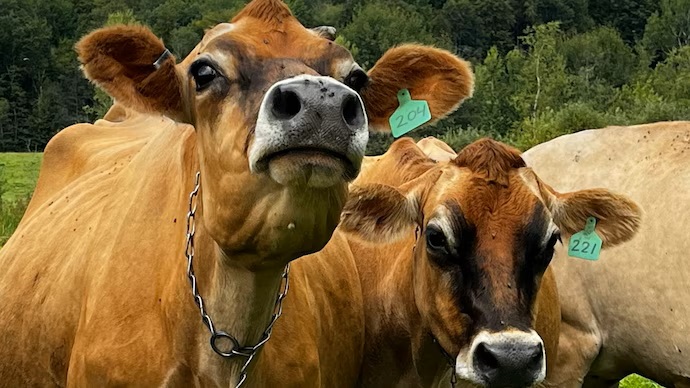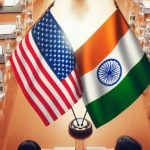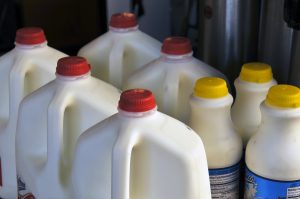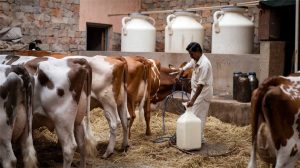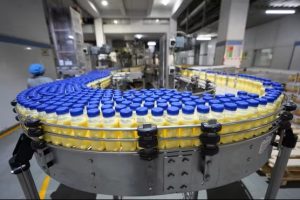
Religious, Economic Sensitivities Block US Milk Imports Amid Job Loss Fears.
Trade negotiations between India and the United States have reached a critical impasse, with India’s dairy and agriculture sectors declared a “non-negotiable red line” by New Delhi. The core of the dispute lies in Washington D.C.’s push for India to open its dairy market to U.S. imports. However, India is resolute on maintaining strict veterinary certification requirements, specifically demanding that imported milk originates from cows not fed animal-based products, a stance deeply rooted in profound religious and cultural sensitivities for its vast vegetarian population.
The contention stems from the differing practices in animal feed. In the United States, dairy cows can be fed a variety of non-vegetarian feeds, including poultry by-products, fishmeal, blood meal, and even poultry litter. This directly clashes with Indian dietary and religious norms, where many, particularly vegetarians, consider dairy from meat-fed cows incompatible with their beliefs. India’s Department of Animal Husbandry and Dairying has consequently mandated veterinary certification to prevent imports from animals fed bovine-derived feed, a requirement that the U.S. has formally challenged at the World Trade Organization (WTO).
Beyond these crucial cultural and religious considerations, India is unequivocally committed to safeguarding the livelihoods of its millions of small dairy farmers. As the world’s leading milk producer, India’s dairy sector is a massive employer, supporting over 80 million people, predominantly smallholder farmers. This vital sector contributes approximately 2.5-3% to India’s Gross Domestic Product (GDP), making it a cornerstone of the nation’s rural economy.
The fear is that opening the market to potentially cheaper U.S. dairy imports would flood the Indian market, inevitably driving down domestic milk prices. This influx could severely threaten the economic stability and existence of these small-scale farmers, leading to widespread job losses and rural distress. A stark analysis by the State Bank of India (SBI) estimates a potential annual loss of Rs 1.03 lakh crore (approximately $12.3 billion USD) for the sector if such market liberalization occurs.
For the international dairy community and global agribusiness analysts, these ongoing trade talks represent a critical case study in balancing economic liberalization with national socio-cultural values and agricultural protectionism. India’s unwavering position underscores the complex interplay between trade policy, religious sensitivities, and the imperative to protect vulnerable domestic dairy value chains. The outcome will have significant implications for dairy economics and trade relations worldwide.
Source: India Today: India-US trade talks: Dairy, agriculture, animal feed ban, milk imports, religious sensitivities, job loss
You can now read the most important #news on #eDairyNews #Whatsapp channels!!!
🇮🇳 eDairy News ÍNDIA: https://whatsapp.com/channel/0029VaPidCcGpLHImBQk6x1F
